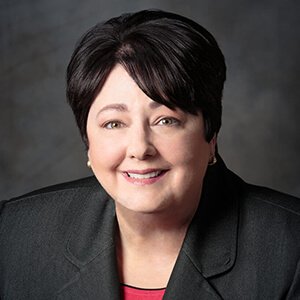May
10
2018
Don’t stop at the retirement plan. Consider end-of-life too.
By: Norene Mostkoff, President & CEO
A remarkable news story caught my attention: David Goodall, a 104-year-old scientist, is flying from Australia to Switzerland so that he can end his life. Every time I see a case like this it gives me pause.
Frankly, it doesn’t matter to me which side of the debate you are on—either taking your life is wrong or each person should have the right to die as they choose. I would prefer to change the focus of the discussion. We should be talking about why we fail to prepare and educate ourselves about end-of-life. Do we know the options? Are the right services and support available in our communities?
I often ask people, did they plan for the birth of their child, and did they plan for their retirement. Most people answer, of course they have a plan. They know which hospital they will go to for delivery. They know that they need to save for their retirement. But ask if they have an end-of-life plan and I either get blank stares or surprise that they would need one. Our physicians and our social services need to help each of us have a sound end-of-life plan that is right for us. In 2016, the federal government, specifically the Centers for Medicare and Medicaid Services (CMS), made a huge step to help make this plan happen when it authorized paying physicians to have these conversations with beneficiaries.
How to begin assessing your plan
When making an end-of-life plan I think it is important to think about the following:
- 1. When do I want comfort care?
- 2. Where do I want to live?
- 3. How will I get services I need?
- 4. What do I want in my advance directive?
- 5. Who will make decisions for me when I can no longer make my own decisions?
Too often, these decisions are made during a crisis. Make a plan now when you don’t need it and be sure to review it every year. If you know your options, you can make informed decisions.


